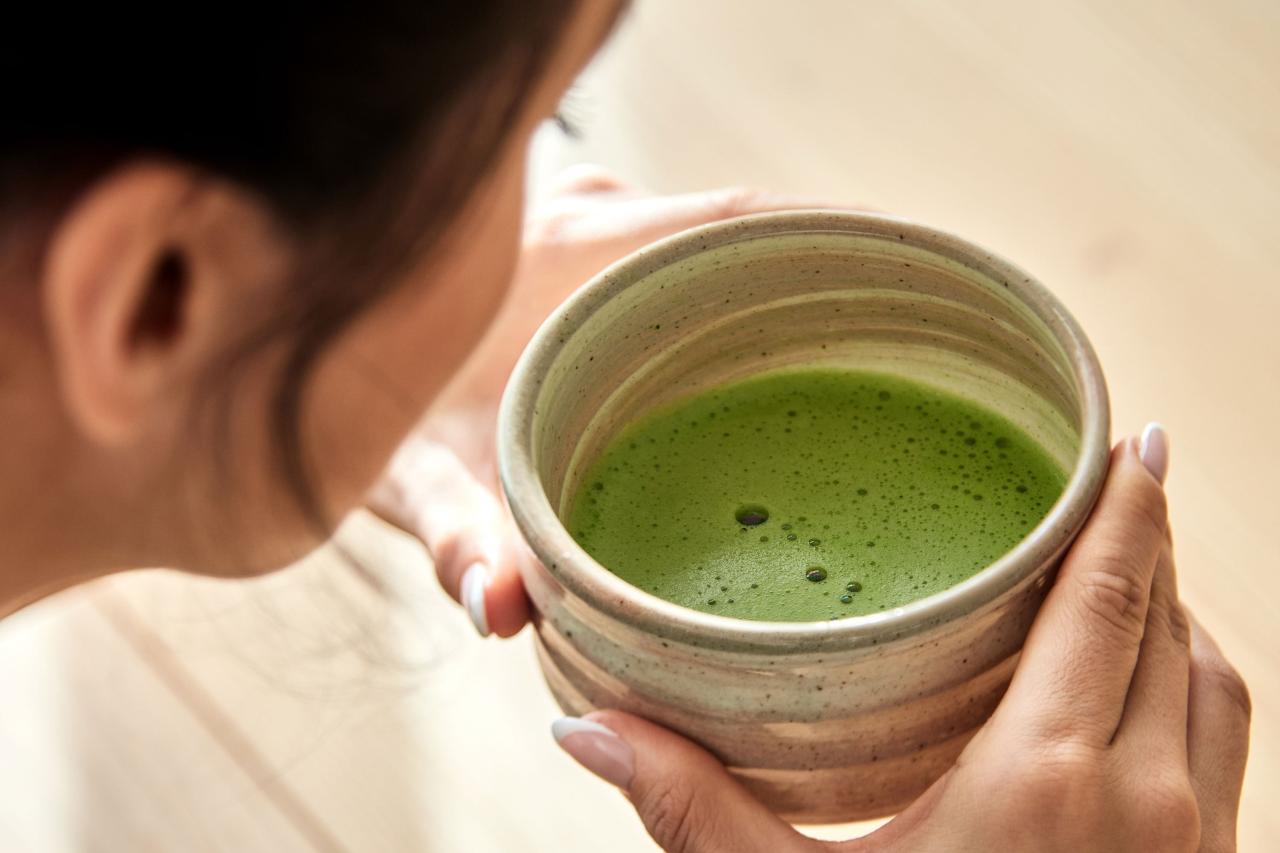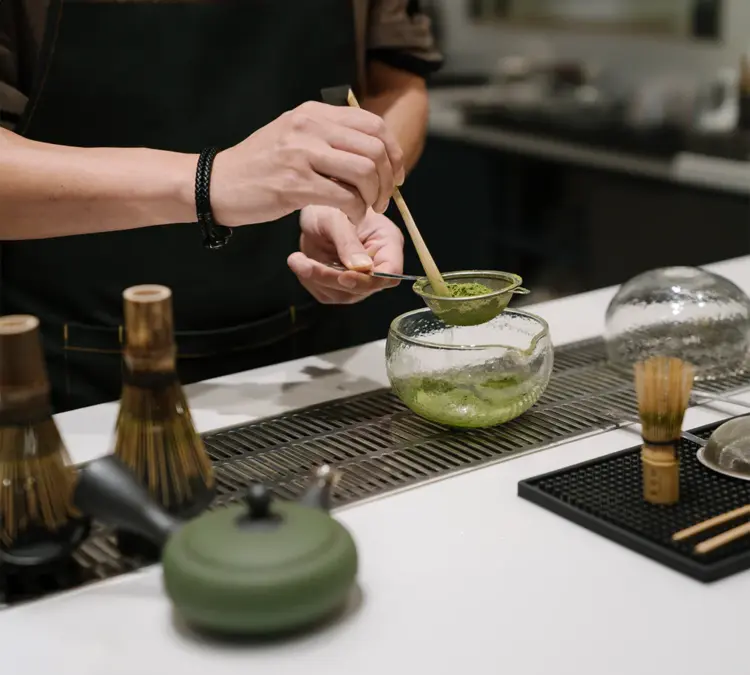Few beverages have enjoyed such a following in wellness and health as Matcha has. While green tea has been around for millennia for its antioxidants and calming properties, Matcha ups the experience several notches. But what makes this vivid powdered tea different from its better-known cousin?
A More Nutrient-Rich Profile
For one thing, Matcha is made from shade-grown leaves that are ground into a powder with stone grinders. The result is that you ingest the whole leaf, rather than just steeping it in hot water. So Matcha has enormously more antioxidants, amino acids, and chlorophyll than brewed green tea. And according to studies, one cup of Matcha will provide the same benefits as many cups of brewed green tea.
Calm Energy Without the Crash
Another inherent distinction is its impact on energy and focus. Although regular green tea has minimal caffeine, Matcha possesses a unique balance of caffeine and L-theanine, an amino acid that promotes relaxation. Together, they create what most describe as a state of “calm alertness.” Thus, Matcha provides sustained energy without the jitters or crash associated with coffee or other stimulants.

A Global Symbol of Wellness Rituals
Apart from that, Matcha is not just a drink—it is deeply embedded in cultural practices. Originally developed from Japanese tea ceremonies, Matcha has become a global indicator of mindfulness and well-being. Today, it is not just utilized in traditional tea houses but also in lattes, smoothies, desserts, and even in skincare products. Its flexibility has made Matcha occupy a central role within modern wellness culture.
Sustainability and Purity
In addition, the growing demand for Matcha has brought about controversies on sourcing and authenticity. High-quality Matcha is typically grown in Japan, where careful farming practices ensure purity and sustainability. Subsequently, wellness enthusiasts are implored to utilize ceremonial-grade Matcha in order to experience the health benefits as well as the true taste profile of Matcha.
Why the World Chooses Matcha
Ultimately, Matcha’s differentiation from ordinary green tea is something that goes beyond taste or appearance. It is a more concentrated nutritional source, a smoother path to energy, and part of something more profound and richer in culture and consciousness. As wellness trends across the globe continue to shift, Matcha stands out not only as a beverage, but as an icon of balance, energy, and holistic well-being.







